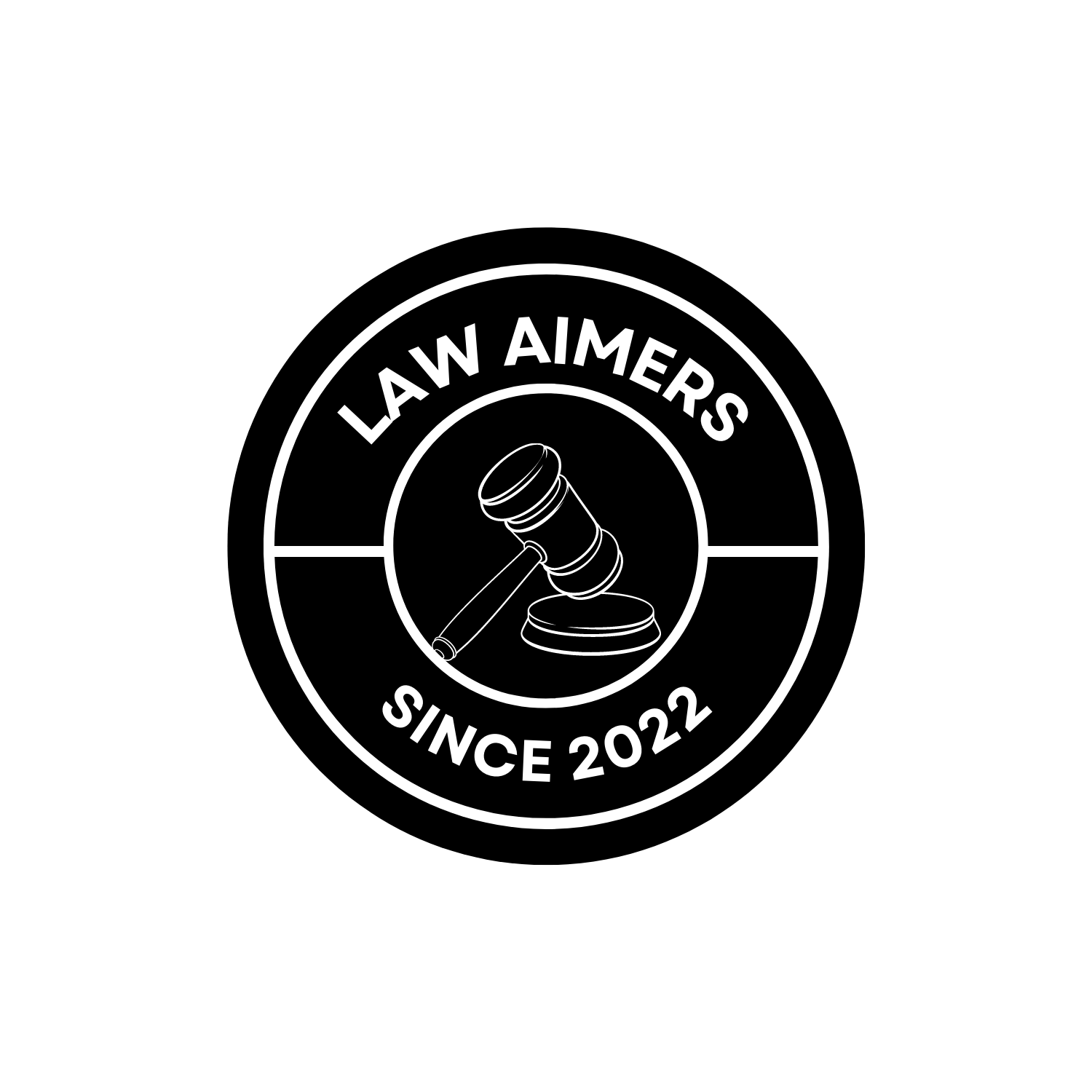The fundamental rules of the Law of Evidence provide the framework for the admissibility, relevancy, and weight of evidence in legal proceedings. These rules help ensure fairness, reliability, and the proper administration of justice.
Fundamental Rules
- Relevance: Evidence must be relevant to the case at hand. It should have a logical connection to the facts in dispute and assist in proving or disproving those facts. Irrelevant evidence is generally not admissible.
- Admissibility: Not all evidence is automatically admissible. There are various rules and exceptions that determine the admissibility of evidence. For example, evidence obtained illegally or in violation of constitutional rights may be excluded.
- Burden of Proof: The burden of proof lies with the party asserting a particular fact. It is the responsibility of that party to present sufficient evidence to persuade the court of the truth of the fact in question.
- Presumption of Innocence: In criminal cases, the accused is presumed innocent until proven guilty beyond a reasonable doubt. The prosecution bears the burden of proving the guilt of the accused.
- Hearsay: Hearsay refers to an out-of-court statement offered for the truth of the matter asserted. Generally, hearsay is not admissible unless it falls within an exception or is allowed under specific circumstances.
- Best Evidence Rule: The best evidence rule states that the original or primary evidence should be presented in court whenever possible. Copies or secondary evidence may be admissible in certain situations, but the original is preferred.
- Competency and Compellability of Witnesses: Witnesses must be competent to testify, meaning they have the capacity to understand and communicate the relevant information. Compellability refers to whether a witness can be forced to testify.
- Privilege: Privilege provides certain individuals, such as lawyers, doctors, or spouses, with the right to refuse to disclose certain information in court. Privileged communications are generally protected from being used as evidence.
- Opinion and Expert Testimony: Opinions of witnesses are generally not admissible, except when given by an expert witness who possesses specialized knowledge or skills in a particular field relevant to the case.
- Character Evidence: Generally, evidence of a person’s character or reputation is not admissible to prove conduct in accordance with that character. However, character evidence may be admissible in certain limited circumstances.
- Judicial Discretion: The court has the authority to exercise discretion in matters related to evidence, including determining the admissibility, exclusion, or weight of evidence. The court ensures that the evidence presented is fair, relevant, and in compliance with legal principles.





